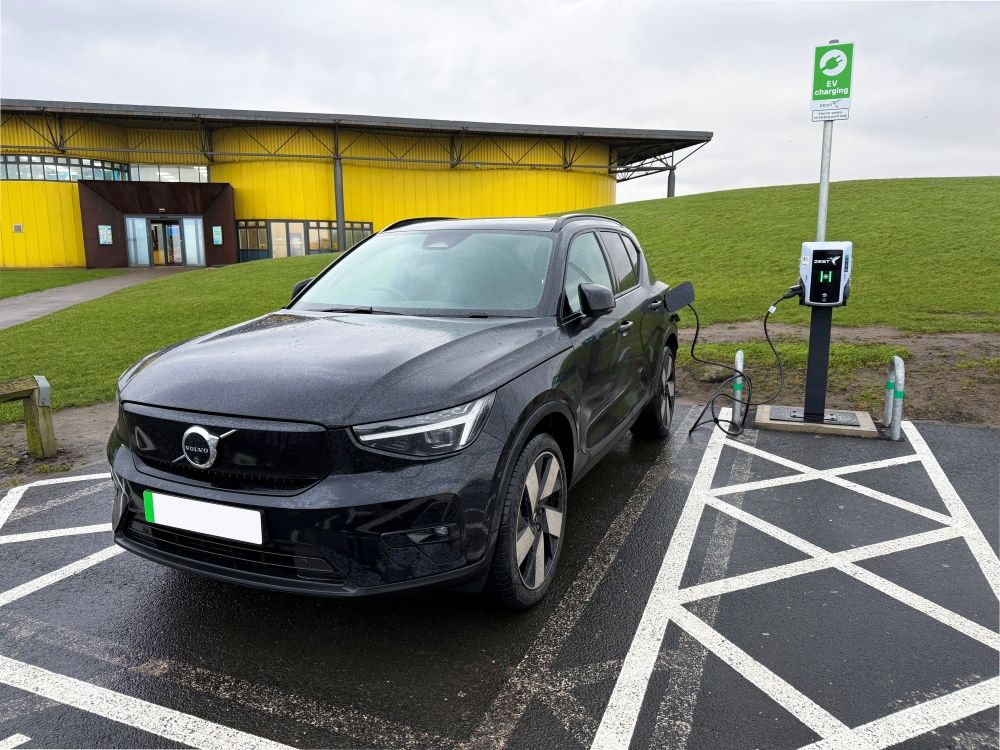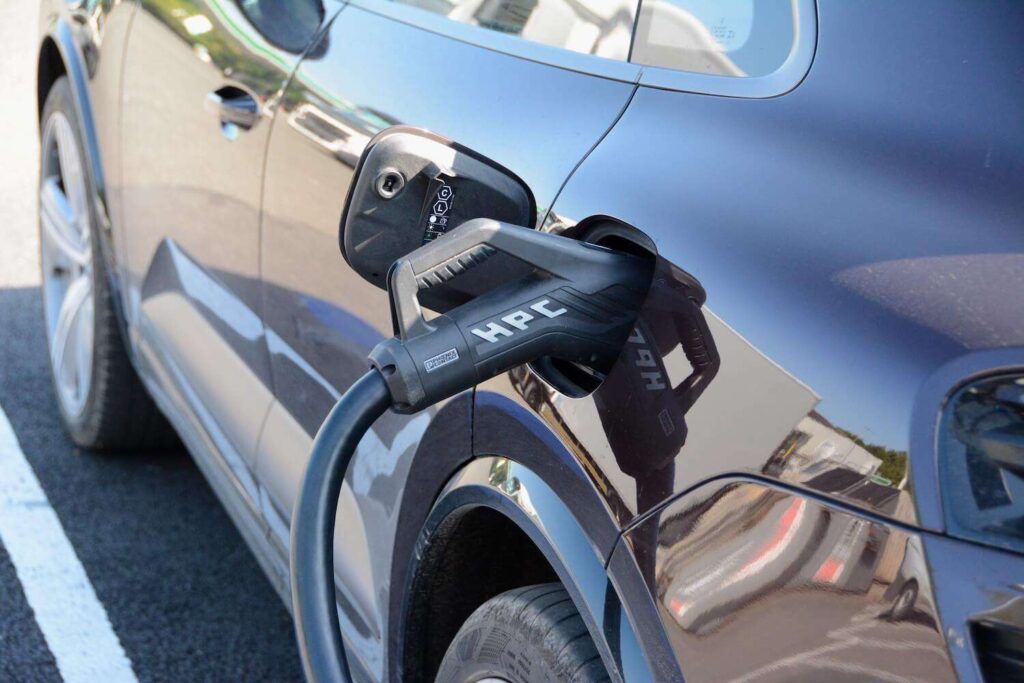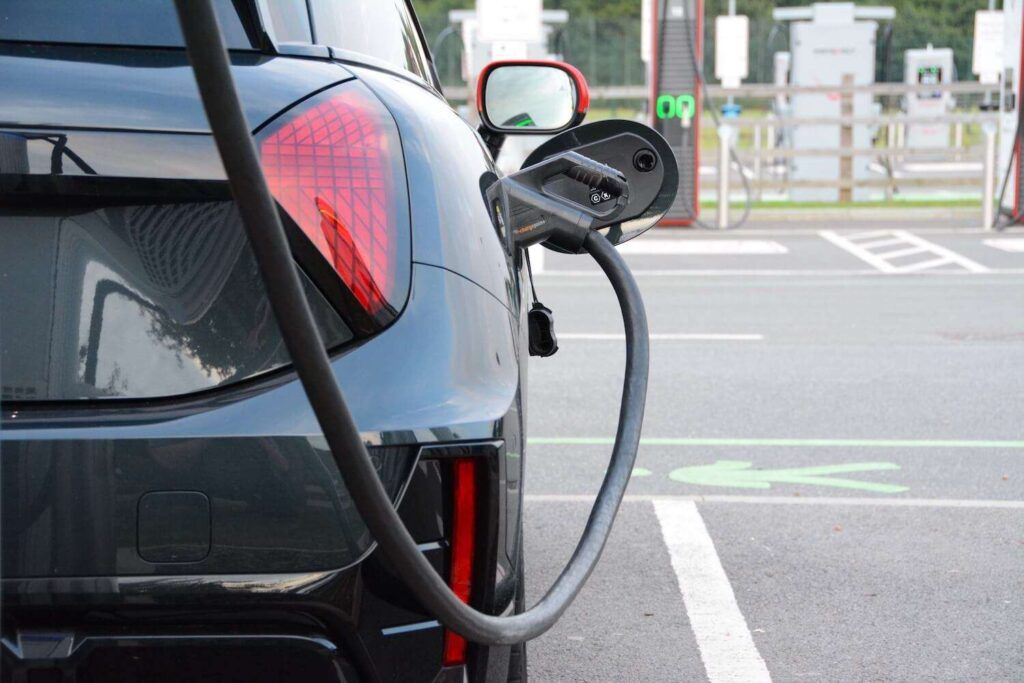Nottingham Trent University (NTU) is part of a £4.5 million research project to establish a process to recycle or reuse electric vehicle batteries.
A £582,000 grant has been awarded to the university’s Advanced Design and Manufacturing Engineering Centre (ADMEC) as part of the European-wide REBELION project which looks to give used electric vehicle Lithium-ion batteries a ‘second life’ or recycle them in a more efficient way.
Research shows that with reconditioning, the majority of EV batteries would be able to last another 10 years after their capacity has fallen below 75 per cent.
The project – which is supported by the European Horizon programme and incorporates 11 organisations from across Europe – will also establish how recycling electric vehicle batteries could create a major source of Lithium-ion on the continent.
The main aims of the project include developing:
- Technology to sort used batteries into those suitable for a ‘second life’ and those which should be recycled
- Automated methods to dismantle batteries so that they can be recycled more efficiently
- A safety protocol for the recycling and reusing process and designing safety box containers for safe battery transportation and storage
- A standardised labelling system to provide data on second life batteries
- An analysis of how well the proposed models of recycling and repurposing perform
- A roadmap to the market for individual and joint business models
The NTU team will develop the information communication technology (ICT) platform and infrastructure. The team will also develop methods in relation to traceability of batteries, digital battery passports, ecolabelling and the calculation of eco-cost and eco-savings.
The team will also contribute to repurposing second life batteries in lighting products.
Partners in the project include Universitat Politechnica de Valenica, Accurec-Recycling, Sig de Raee Y Pilas Sociedad Limitada, Ona Product SL, Universidad Nacional de Educacion a Distancia, University of Birmingham, Fondazione Icons, Erion Energy, Erion Compliance Organization Scarl and Volkswagen Group Italia SPA.
Professor Daizhong Su, Head of ADMEC which sits in NTU’s School of Architecture, Design and the Built Environment (ADBE) said: “With the increased volume of electric vehicle batteries coming towards their end of life, it’s imperative that there’s a quick and accurate way to predict a battery’s future life in order to maximise second-life applications.
“Recycling is the most environmentally-friendly way to deal with batteries after their second life and has the potential to turn them into a major economic resource in Europe, with a value of up to £23 billion per year, as the raw materials they contain can be used for further manufacturing.
“We look forward to working with our partners to help create sustainable solutions for many of the future challenges of the electric vehicle industry.”
Image courtesy of Shutterstock.












